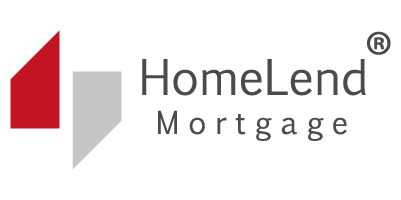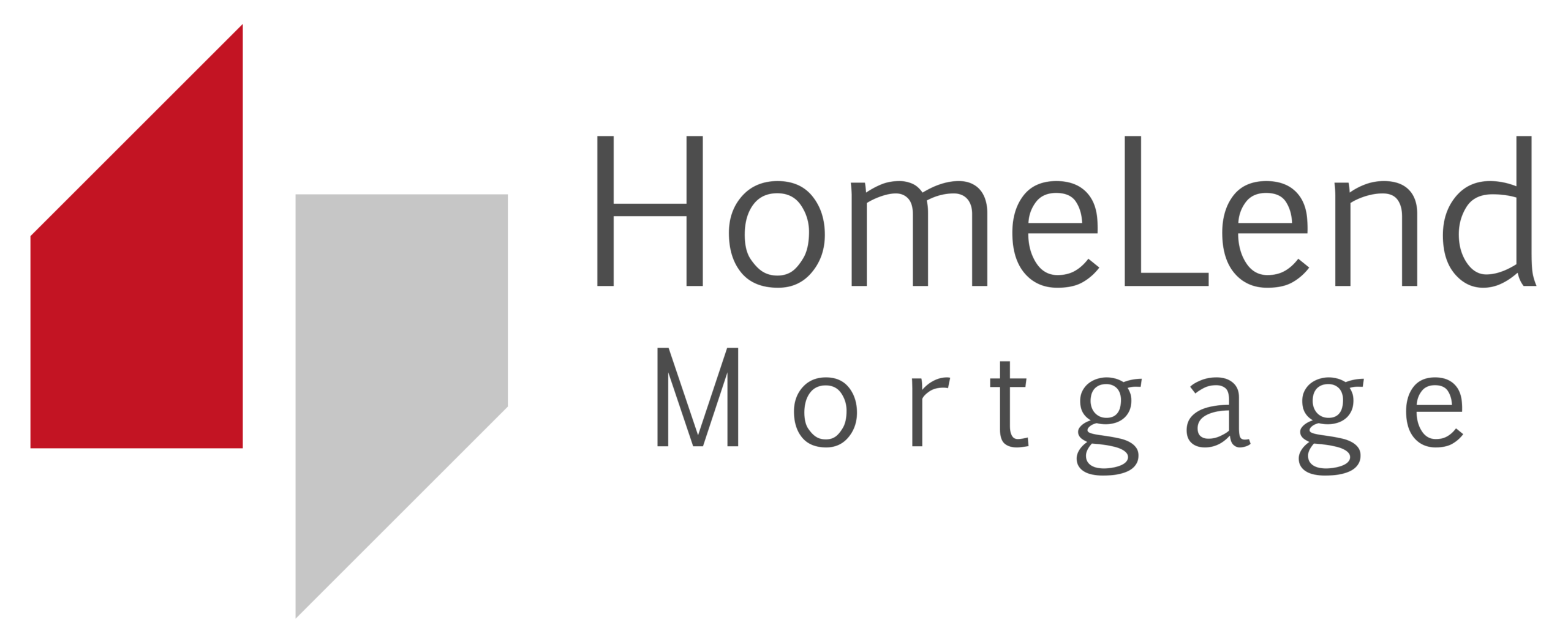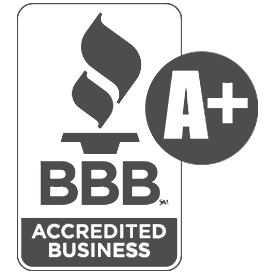Comparing Conventional, FHA, and VA Refinance: Which is Best for You?
Refinancing your mortgage is a smart way to lower your monthly payments, adjust your loan terms, or tap into your home’s equity. But with various refinance options available, how do you choose the one that’s right for you? Conventional, FHA, and VA refinance programs each offer unique benefits, so understanding the differences can help you make an informed decision.
Here’s a breakdown of each refinancing program to help you find the best fit for your needs.
1. Conventional Refinance
Best for Homeowners with Strong Credit
A Conventional refinance is ideal for homeowners with solid credit and sufficient equity in their homes. Unlike government-backed loans, conventional loans are not insured by the federal government, but they offer flexibility in loan terms and refinancing options.
-
Requirements: Generally, a credit score of 620 or higher is required. Homeowners must also have at least 20% equity in their property to avoid private mortgage insurance (PMI).
-
Benefits: One major benefit of conventional refinancing is that it typically has lower closing costs and faster processing times compared to FHA and VA loans. Additionally, if you have a high credit score, you may be eligible for lower interest rates.
-
Drawbacks: If you have less than 20% equity, you may need to pay PMI, which can add to your monthly costs.
2. FHA Refinance
Best for Homeowners with Limited Credit
An FHA refinance is backed by the Federal Housing Administration (FHA) and is a great option for homeowners with lower credit scores or those who may not qualify for conventional loans.
-
Requirements: FHA refinancing is available to homeowners with credit scores as low as 500, though most lenders require a minimum score of 580. FHA loans also require that you have at least 2.25% equity in your home for a cash-out refinance.
-
Benefits: FHA loans are more accessible for borrowers with limited credit history or those who have less equity in their homes. This program also allows for cash-out refinancing, which can help you access your home’s equity for other financial needs.
-
Drawbacks: The biggest downside of FHA loans is the requirement to pay mortgage insurance premiums (MIP), which are required both upfront and annually. This can add to the cost of the loan over time.
3. VA Refinance
Best for Veterans and Active Military Members
A VA refinance is backed by the U.S. Department of Veterans Affairs and is available to eligible veterans, active-duty service members, and surviving spouses.
-
Requirements: VA loans have no minimum credit score requirement, though most lenders look for a score of at least 620. You must also have an existing VA loan to qualify for a VA streamline refinance (IRRRL), or you must meet specific eligibility requirements for a VA cash-out refinance.
-
Benefits: VA refinancing offers some of the most attractive terms, including the ability to refinance without mortgage insurance and lower interest rates. The VA streamline refinance program, also known as the Interest Rate Reduction Refinance Loan (IRRRL), offers a fast and easy process with minimal documentation.
-
Drawbacks: While VA loans have no PMI, you will still be required to pay a funding fee, though this can be rolled into the loan amount.
Which Refinance Program is Right for You?
When deciding between a Conventional, FHA, or VA refinance, it’s essential to consider your credit score, available equity, and long-term financial goals.
-
Choose Conventional if you have strong credit and significant equity in your home, and you want to avoid mortgage insurance.
-
Choose FHA if you have limited credit or less equity, and you need the flexibility to refinance without stringent credit requirements.
-
Choose VA if you’re a veteran or active service member eligible for VA benefits, and you want to take advantage of low interest rates and no mortgage insurance.
Conclusion:
Refinancing can be a valuable tool for improving your financial situation, but selecting the right program is key to maximizing the benefits. Whether you choose a Conventional, FHA, or VA refinance, each option offers unique advantages based on your financial profile and goals. At Homelend Mortgage, we’re here to help guide you through the refinancing process, ensuring that you choose the best program for your needs and secure the most favorable terms possible.
Disclaimer:
The information provided is for educational purposes only and does not constitute financial or legal advice. Please consult with a financial advisor or mortgage professional for guidance tailored to your specific situation.




